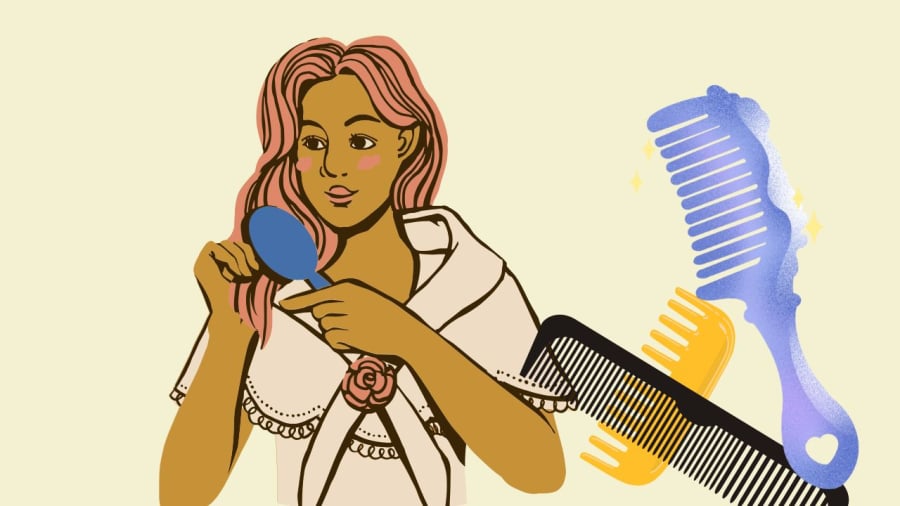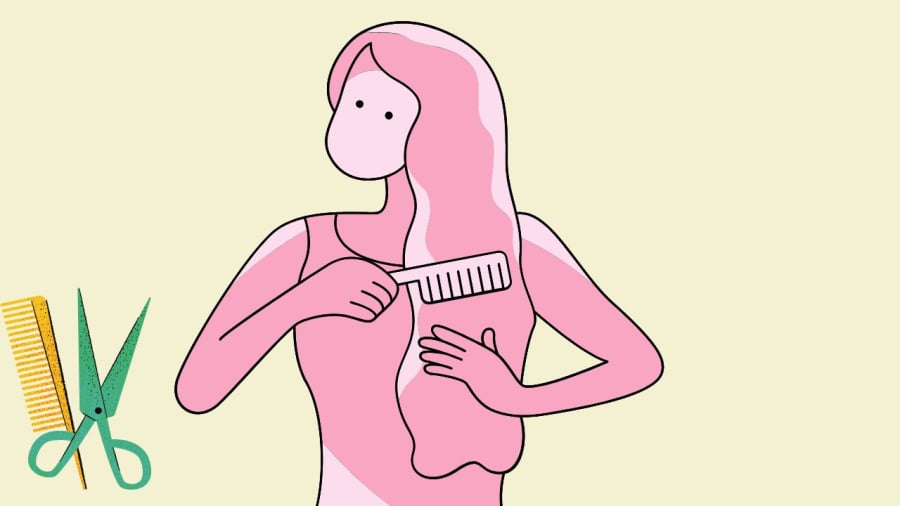Borrowing a Comb: A Potential Health and Social Hazard
A comb is a personal item, much like a toothbrush or underwear. When used, it can collect sweat, scalp debris, lice, and fungi, which may be transmitted to others if shared. Therefore, combs can carry sensitive personal information that one may not want to share with others.
Borrowing or lending a comb can lead to the spread of scalp infections, lice, and scabies. Additionally, it may reveal personal details about the owner, which could be embarrassing or uncomfortable. Thus, it is generally advisable to avoid sharing combs.

Sharing Combs Can Lead to Contagion
Some people may find it unhygienic and impolite to borrow someone’s comb without their permission. This act can strain relationships, especially if the borrower contracts an infection and blames the lender.
In today’s world, where personal space and hygiene are highly valued, the act of borrowing or lending combs is even more frowned upon. If one must borrow a comb, it is advisable to clean and dry it before use and then clean it again before returning it. Lenders should also practice good hygiene by cleaning their combs after lending them out.
Combs and Spiritual Significance: Another Reason Not to Borrow
In folklore and spiritual beliefs, combs are often associated with the supernatural and the underworld. Folk tales warn against combing hair while riding in a vehicle or at night, and a broken comb or hair loss while combing is considered an ominous sign.
Lending a comb may evoke these spiritual associations, which are generally considered unpleasant. Thus, from a spiritual perspective, it is advisable to avoid sharing combs.

Combs and Spirituality: A Cautionary Tale
In conclusion, whether from a health, social, or spiritual perspective, it is generally advisable to avoid borrowing or lending combs. If one wishes to decline a request to borrow a comb, it is best to be direct and honest to avoid potential misunderstandings.
Additionally, proper comb hygiene is essential. Regular cleaning ensures that your comb remains free from dirt and potential contagions. It is also advisable to avoid combing your hair while traveling or at night, in line with traditional beliefs.
Disclaimer: This article is based on traditional beliefs and personal experiences.

































